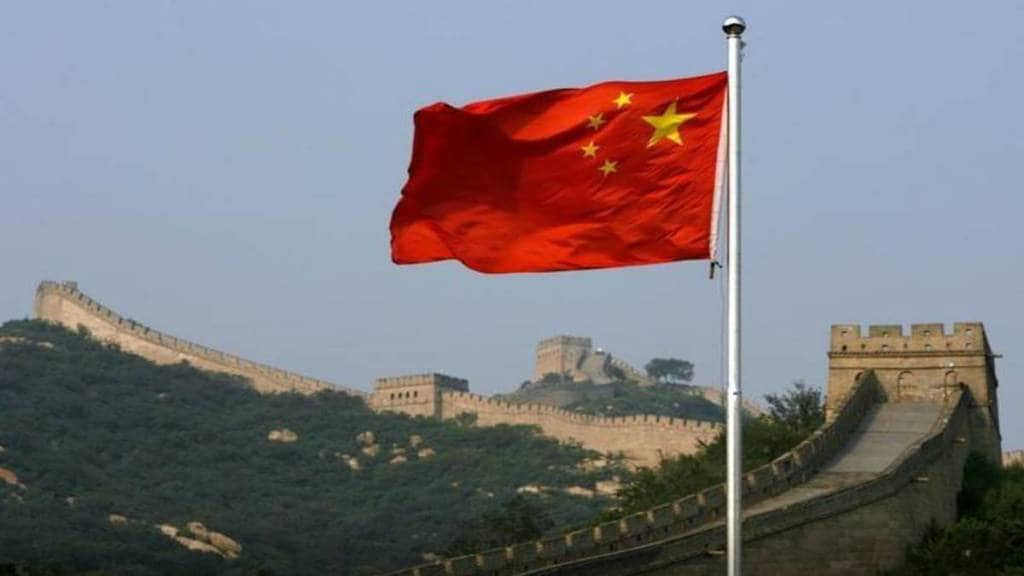In an unwavering display of commitment to a free, open, and inclusive Indo-Pacific region, India has joined the Philippines in reiterating the call for China to abide by a 2016 legally binding ruling concerning the South China Sea (SCS) dispute. This joint stance, expressed by External Affairs Minister Dr S Jaishankar and his Philippines counterpart Enrique Manalo, underscores the importance of peaceful dispute resolution and adherence to international law, specifically the United Nations Convention on the Law of the Sea (UNCLOS) and the 2016 Arbitral Award on the SCS.
India’s unequivocal support for UNCLOS, which established the Arbitral Tribunal, is not new. However, the joint statement issued on June 29, 2023 at the end of talks in Delhi marks the first time India has explicitly called upon China to adhere to the ruling, despite Beijing’s persistent dismissal of its validity.
This development arises amid deterioration in bilateral relations with China following the unresolved eastern Ladakh stand-off in 2020. Previously, India had urged all parties to demonstrate utmost respect for UNCLOS as the foundation of the international legal order governing seas and oceans.
The tribunal’s ruling upheld the Philippines’ case against China, deeming Beijing’s nine-dash line claim and reclamation activities in Philippine waters as unlawful. The joint statement issued after the 5th joint commission meeting between India and the Philippines highlighted the extensive discussions between Jaishankar and Manalo, encompassing regional and international issues of mutual concern. Both nations emphasize their shared interest in fostering a free, open, and inclusive Indo-Pacific.
India’s call for China’s compliance with the 2016 award aligns with international sentiment. The Group of Seven (G7), during their recent summit in Hiroshima, recognized the award as a useful basis for peacefully resolving disputes between the two nations. In response, China urged the G7 to avoid using maritime issues to provoke divisions among regional countries and incite bloc confrontation.
Japan, India’s Quad partner, faces a similar territorial dispute with China in the East China Sea concerning the Senkaku/Diaoyu islands. Japan consistently urges Beijing to abide by the ruling, as it is incompatible with the principle of peaceful dispute settlement under international law. Tokyo commends the Philippines for fully complying with the tribunal’s decision.
The recent India-US summit further highlighted the concerns of Prime Minister Narendra Modi and US President Joe Biden regarding challenges to the maritime rules-based order in the East and South China Seas. Both leaders expressed their unease over coercive actions in the region, emphasizing the need for a stable and secure maritime environment.
India’s resolute stand, combined with international support from like-minded nations, underscores the global perspective and commitment to upholding the principles of international law and peaceful dispute resolution. By championing a free and inclusive Indo-Pacific, India contributes to the stability and security of the region, fostering an environment conducive to economic growth, prosperity, and cooperation among nations.


